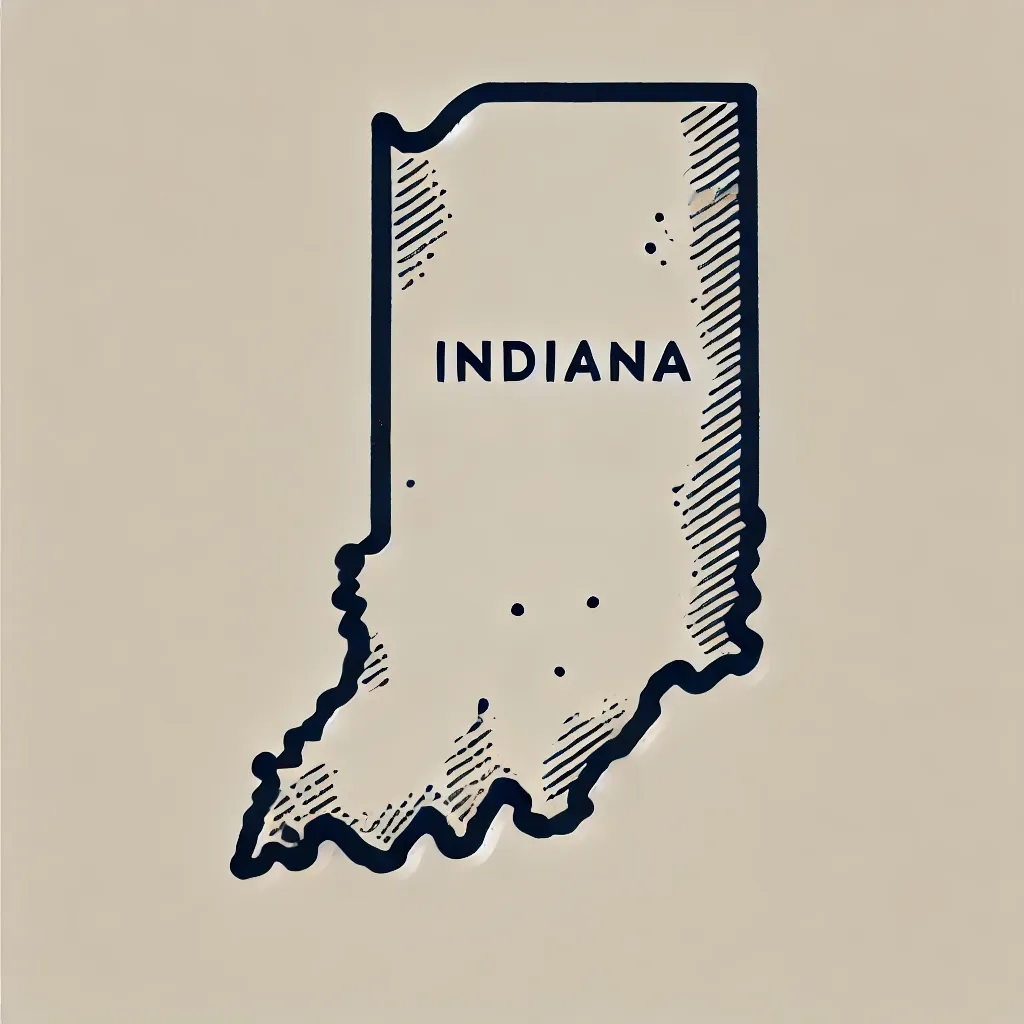Redefining Acceptance: The Question That Never Left Me “Where are really from?”

“But really, where are you really from?”
It was the inevitable follow-up to the seemingly simple question: “Where are you from?”
I always answered, “Northwest Indiana, born and raised.” But that answer was never enough. The look would follow—a mix of skepticism and persistence—then the tired response: “No, but really, where is your family from?”
Growing up in a school district where my family was the only Asian family, this exchange was routine. It made me question why my answer was unacceptable while others didn’t receive the same scrutiny. My school district was diverse, full of minorities that came from immigrant families, yet I was the only one constantly being asked to prove my origins.
Over time, this repetition planted a seed of doubt in me. If so many people were questioning where I was from, did I even belong? I was born in this country, yet my American identity was repeatedly challenged. With every instance, I was being told, explicitly or implicitly, that I didn’t quite fit.
The impact of these moments compounded. It wasn’t just the question—it was the TV shows where I never saw people who looked like me, the fact that my culture was treated as foreign rather than part of the American fabric, the way people hesitated to accept my identity without a caveat. It wasn’t just underrepresentation; it was the suggestion that my very existence in this space was an anomaly.
Redefining What It Means to Be Accepted
After college, living in Europe, New York, even Pittsburgh, I noticed the question came less frequently. But then I spent a year in Alabama, and the cycle restarted. This time, alongside the familiar interrogation, I was called “Oriental” more times than I could count—until I found myself repeatedly explaining that I was not a rug.
Small moments build into lifelong beliefs. Not all interactions were rooted in malice, but they still left their mark. Some people may have genuinely never met an Asian person before, but their curiosity was my burden to carry. Their questions, their disbelief, their insistence on an answer that better fit their expectations reinforced the idea that I needed to justify my place here.
For years, I struggled with what it meant to be accepted. If being American wasn’t enough, what was? Eventually, I realized that the only definition of acceptance that mattered was my own. It wasn’t about meeting someone else’s expectations of identity; it was about standing firm on my own.
So now, when I’m asked, “Where are you really from?” I no longer feel the need to explain beyond my truth.
“Northwest Indiana. Born and raised.” And that is enough.